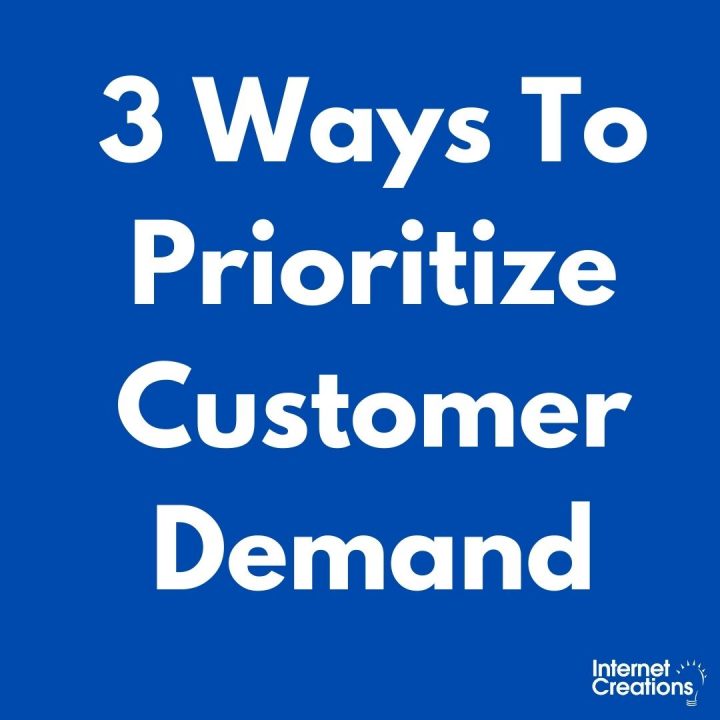The rise and fall—and rise again—of the Trusted Advisor


In the last few months of 2001, three professional services consultants—David Maister, Charles Green and Robert Galford—published a smallish, unassuming book called the Trusted Advisor.
In it they come to a less than ground-shaking conclusion: that nobody can become successful in business unless they first gain the confidence of their clients. Not rocket science by any means.
But something about the way the book was written has kept it relevant over the years. Reading it even today, 16 years later, the book has a timeless quality that makes it just as valuable as it was the day it was printed.
In particular, the book advocates a five-step method for building trust:
- Focus your attention on your client and their issues.
- Listen to what they say about those issues (as well as what they leave unsaid).
- Restate the problem to your client from their perspective.
- Help your client see what a solution might look like, and
- Commit to putting that solution into practice—together.
So why doesn’t everyone do it with their clients?
First, because the process is hard. Although it can be described simply, it’s more difficult to put it into practice.
And second, because trust is a two-way street. You can try to be trustworthy—but to be trusted, obviously, someone else has to actually trust you.
That hasn’t stopped Maister’s book title from becoming a buzzword in business circles, however. Turn over a rock and you’re likely to find a “trusted advisor.”
We find that interesting, because trust seems to be harder to win—and trusting seems harder to do—than ever.
Since the 2008 recession, especially, trust in government, media, business and NGOs has fallen by the wayside. In fact, the most recent edition of consulting firm Edelman’s Trust Barometer reports that, on average, less than half (only 47%) of North Americans trust their institutions. The report’s author goes so far as to say, “The system is broken.”
So, you’d be forgiven if you were to roll your eyes when we told you that at Internet Creations, we work hard to become trusted advisors.
But—at the risk of saying “trust us”—we really do think we have the balance right.
For starters, authenticity is paramount here at IC.
We try incredibly hard to stay authentic in everything we do… Which is why we refuse to become a “jack of all trades, master of none” firm. We stick to Salesforce—and don’t implement any other CRM solutions other than Salesforce—because we honestly believe it’s the best solution on the market.
And that’s not just a calculated business decision. We were a Salesforce customer before we became an Salesforce partner, and we run our entire business on the platform—even accounting.
We’re proud of the fact that we use Salesforce so extensively, but we’re also quite proud of how we use it. That’s why we “open the kimono,” if you’ll permit another buzzword, and demonstrate to customers how we use Salesforce. The AppExchange apps we sell are used every day by our own employees internally. (Over here, we like to say we drink the same champagne… because who wants to “eat the same dog food” when champagne tastes so much better?)
Happily, our customers seem to respond to that authenticity, chiefly because we work just as hard to put our customers’ interests before our own.
It’s not about the check for us; our team—from the CEO on down—is motivated less by generating revenue and more by how well we serve our customers… If we find out one of our apps won’t serve your needs, we won’t sell it to you. It’s that simple.
Yes, it’s a challenge to dive deep into a customer’s actual business problems—instead of happily profiting from only the problems they think they have—but at the end of the day we’re motivated most by helping our customers leverage technology to efficiently help them better serve their customers.
When you’ve got a genuine passion for helping your customers, trust happens naturally.
Learn more about how we run our entire organization on Salesforce.
- The rise and fall—and rise again—of the Trusted Advisor - April 5, 2017
- Internet Creations takes #6 for NJ Best Places to Work - May 12, 2015
- Salesforce Summer ’15 Release: Work.com Enhancements - May 7, 2015


